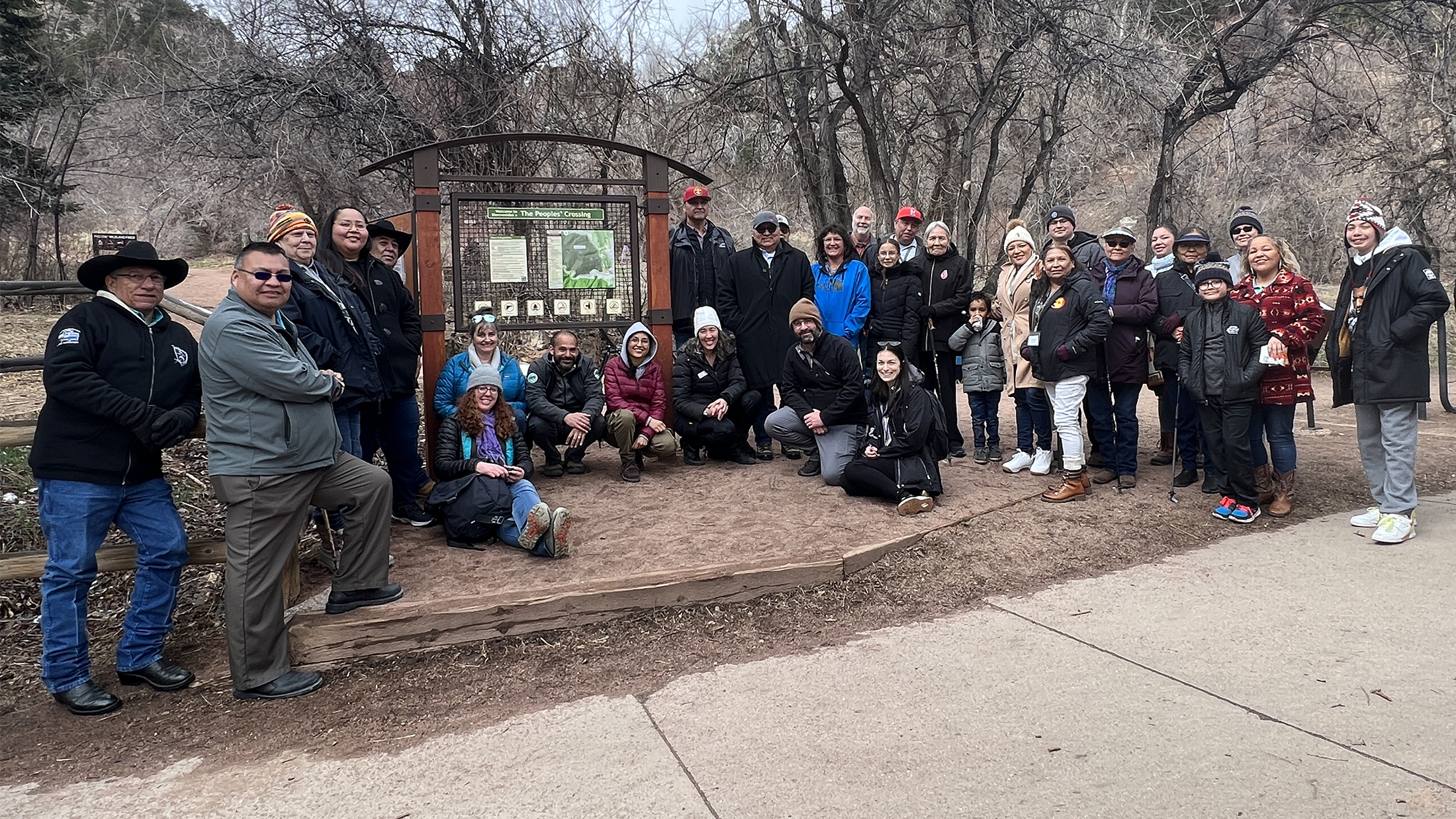Overview/Background
The Issue: Partner with the City of Boulder to develop and implement a Tribal consultation initiative between the city and the indigenous peoples who have cultural, spiritual, and historical connection to the land now managed by the city.
In 2018, the City of Boulder partnered with the Keystone Policy Center to develop a tribal consultation initiative. This effort aimed to foster collaboration and build meaningful relationships with indigenous communities that have ancestral, cultural, and spiritual ties to the lands now managed by the city. Historically, indigenous tribes were forcibly removed from what is now Colorado, and while two federally recognized tribes—the Ute Mountain Ute and Southern Ute tribes—remain in the state, 46 tribes have historic ties to the land. The City of Boulder recognized a unique opportunity to engage these communities despite no statutory mandate requiring local governments to consult with tribes.
This initiative, grounded in respecting tribal sovereignty, sought to address various issues such as land management, conservation, and cultural preservation by engaging tribes in meaningful dialogues. The city began consulting with tribes in the late 1990s, but renewed this commitment in 2018, seeking to update agreements, strengthen relationships, and better steward lands with cultural significance.
Our Approach
Keystone Policy Center played a crucial role in supporting the City of Boulder’s commitment to authentic tribal consultation. The approach focused on the following key elements:
- Building Authentic Relationships: Keystone facilitated conversations between the City of Boulder and 16 tribal nations. These meetings were centered around deep listening, mutual respect, and understanding. The aim was not to check boxes but to build trust and engage in meaningful dialogue to understand each party’s perspectives fully.
- Facilitating Collaborative Dialogues: Keystone guided the city through a culturally respectful process of consultation. This included hosting multi-day events where tribal representatives, city officials, and community members came together to share stories, discuss concerns, and collaborate on solutions. The emphasis was on relationship-building as a foundation for effective consultation.
- Revisiting Historical Agreements and Commitments: The city recognized the need to revisit memorandums of understanding (MOUs) with tribal nations that were over two decades old. Keystone supported Boulder in updating these agreements to reflect current priorities and commitments, such as renaming Settlers Park to The People’s Crossing—a name chosen by tribal representatives to honor the area as a historic crossroads for indigenous peoples.
- Ongoing Commitment to Education and Cultural Sensitivity: Keystone assisted the city in developing training and educational programs to ensure that city staff and officials were well-versed in the historical and cultural contexts of tribal nations. This ongoing education supports a sustained commitment to cultural sensitivity and collaboration.
The Results
The Tribal consultation initiative has led to significant outcomes for both the City of Boulder and the participating tribal nations:
- Updated Agreements and Continuous Engagement: The city and tribal nations have renewed formal agreements, ensuring that consultation remains a dynamic, evolving process. They have committed to meeting regularly, with formal consultations occurring at least every four years, and ongoing discussions to address emerging concerns.
- Renaming of Settlers Park to The People’s Crossing: In 2019, Boulder renamed a local park in consultation with tribal representatives, reflecting a broader commitment to recognizing indigenous history and presence. This name change symbolizes the city’s dedication to honoring the cultural and historical significance of the land.
- Improved Land Management and Stewardship Practices: Tribal input has been instrumental in guiding the city’s conservation and land management strategies, ensuring that decisions respect and incorporate indigenous knowledge and values.
- Model for Other Local Governments: Boulder’s approach serves as a model for other municipalities across the nation. The initiative demonstrates that local governments, even without legal mandates, can engage in meaningful, respectful consultations with tribal nations to address historical grievances and build a shared future.
Keystone’s facilitation of this initiative underscores the importance of genuine, ongoing relationships in creating equitable partnerships between local governments and indigenous communities. Through this process, the City of Boulder and tribal nations have laid the groundwork for a long-term, mutually beneficial partnership that honors both the past and the future.







 Login
Login



